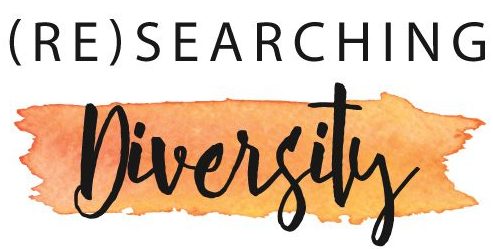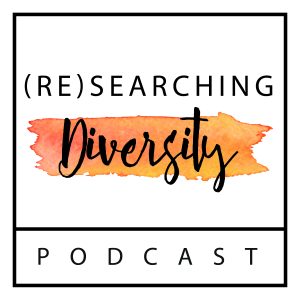Moin Syed: Gender identity narratives || Open Science
In this episode, we talked to Moin Syed who is a professor of Psychology at the University of Minnesota (U.S.). Our main topic is gender identity narratives which describe the ways in which children reinforce or disrupt gender hierarchy through internalized, evolving stories of themselves.
PAST (00:01:56): We learn how Moin turned his personal experience of being treated differently from others and his interest in identity and development into a fascinating research subject. Moin also talks about methodological inconsistencies, issues and challenges of implementing new methods in the established domain of developmental psychology.
PRESENT (00:18:38): Moin presents an outstanding paper from Onnie Rogers (2020), which gives a new perspective about gender socialization of children through the master identity narratives framework. He discusses how people could find intersecting identities and alternative narratives both at individual and societal levels.
FUTURE (00:36:29): Moin talks about the future of social sciences and how the Open Science framework can help to change the research conventions in psychology.
Reference of this episode’s articles:
Kathawalla, U.-K., Silverstein, P., & Syed, M. (2021). Easing into open science: A guide for graduate students and their advisors. Collabra: Psychology, 7(1). https://doi.org/10.1525/collabra.18684
McLean, K. C., & Syed, M. (2015). Personal, master, and alternative narratives: An integrative framework for understanding identity development in context. Human Development, 58(6), 318-349. https://doi.org/10.1159/000445817
*Rogers, L. O. (2020). “I’m kind of a feminist”: Using master narratives to analyze gender identity in middle childhood. Child Development, 91(1), 179-196. https://doi.org/10.1111/cdev.13142
Sterling, T. D. (1959). Publication decisions and their possible effects on inferences drawn from tests of significance–or vice versa. Journal of the American Statistical Association, 54(285), 30-34. https://doi.org/10.2307/2282137




